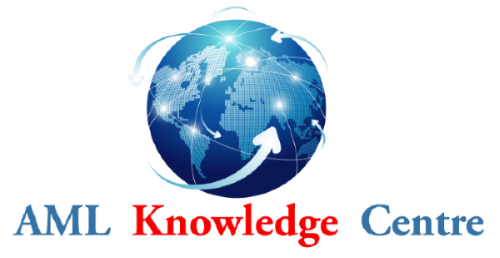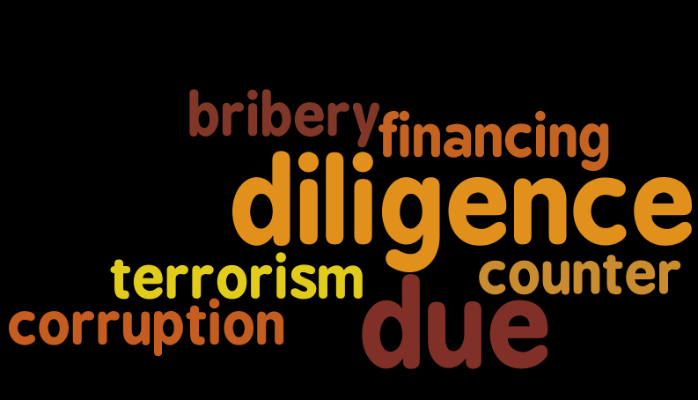“Anti-money laundering and anti-bribery are two sides of the same coin. This general rule is particularly important in the financial sector, which, given the nature of the business, is especially exposed to financial crimes.
In fact, these institutions deal with external counterparts on a daily basis. Businesses, clients, NGOs, and organizations requesting loans are just a few examples of these stakeholders.
Therefore, it is vital to know their actual ownership in order to forecast, and possibly avoid, risks. Enhanced due diligence should be performed proactively whenever appropriate (i.e., if dubious about the ownership of certain legal persons).
In this regard, the OECD Financial Action Task Force (FATF) is the internationally recognized standard in risk mitigation, suggesting, for instance, the involvement of senior management in cases of suspicious business transactions or customers (e.g., politically exposed persons).
I insist on this point, because often, wrongdoers create ad hoc legal persons with the intent to disguise the provenance of illicitly acquired earnings. Needless to say, corruption makes no difference under this aspect.
Furthermore, legal persons can be also used for other illegal purposes, such as bypassing embargoes and sanctions. They might be also used as intermediaries for money laundering and terrorist financing, amongst other things.
It is clear now that ‘know your client’ (KYC) is crucial, but one may wonder why this article is focused on developing economies, as most of the due diligence mentioned above applies to developed economies as well.
Despite common beliefs and countless scandals, corruption does not involve the financial sector in developed economies only. Nonetheless, in the developing world, the issue is more difficult to tackle.
In developing countries, the financial sector may not be protected adequately by the judicial system, because most countries facing endemic corruption do not have a strong, independent judicial power.
Relying on solid institutions is one of the most important conditions to fight crime effectively, but how, for instance, can a whistleblower report misconduct if law enforcement authorities are not trustworthy?
Under these conditions, is likely that financial institutions themselves become part of the vicious circle, being used, for instance, by corrupt political leaders.In light of the aforementioned, headquarters should pay particular attention to their branches located in developing countries, showing clearly that wrongdoing is not tolerated.
It is comforting to think that law enforcement authorities and politicians are meant to tackle crime, however, as an important stakeholder, the financial world can play an important role as well, as illicitly gained assets need to be laundered”.
Michele La Neve is a quadrilingual attorney specialized in counseling his clients on Anti-bribery and corruption, anti-money laundering and data protection. He provides training on regular basis on the aforementioned areas to several organizations operating in very different sectors, such as pharma, engineering and financial industry.



